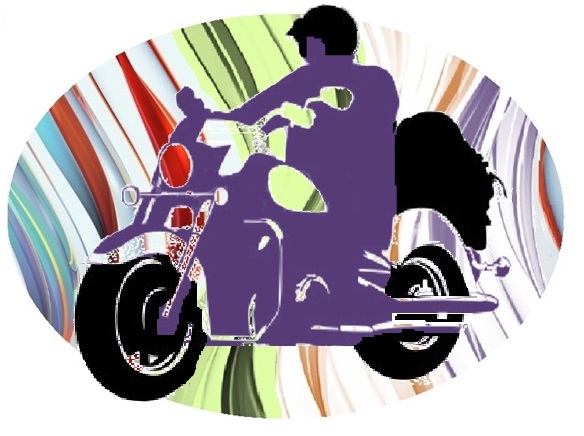 Many of us have had an experience of ‘getting in the zone’ with work – in the office, in the garden, in physical pursuits, in sport, in artistic or musical endeavor. Things just hit the spot and we are performing at our peak…satisfaction is part of doing it.
Many of us have had an experience of ‘getting in the zone’ with work – in the office, in the garden, in physical pursuits, in sport, in artistic or musical endeavor. Things just hit the spot and we are performing at our peak…satisfaction is part of doing it.
As Brian Clough, the outspoken, but assuredly talented European Cup Winning football manager once said “Remember this…you can’t do anything to the best of your ability unless you relax. Nobody can. Nobody can…you’ve got to relax, then it ‘oozes out of you’ – IF you’ve got anything in you.”
Csikszentmihalyi emphasises this idea in his book ‘Flow’, where he describes the phenomena as:
- intense and focused concentration on the present moment
- merging of action and awareness
- a loss of reflective self-consciousness
- a sense of personal control over the situation or activity
- a distortion of your awareness of time, one’s subjective experience of time is altered
- experience of the activity as intrinsically rewarding
Can we ever hope to get close to this in the world of work? On the basis of Csikszentmihalyi’s ideas, three things could be considered in the way we design work:
- Goals are clear (we know what and why we need to get on with the work)
- Feedback is immediate (if we are, or are not, doing things correctly – we see it ourselves)
- There is a balance between opportunity and capacity (we can do it and we have permission)
Of course we also have to be bothered about the work. We have to care – the goals of the work should relate to our own purpose. This idea, in relation to Quality, is explored in Robert Pirsig’s famous philosophical fiction book ‘Zen and the Art of Motorcycle Maintenance’ (Pirsig highlights this book “…should in no way be associated with that great body of factual information relating to orthodox Zen Buddhist practice. It’s not very factual on motorcycles, either.”).
People should have a sense of purpose, should care about their work, should have their own goals, sources of feedback and the capactity and opportunity to perform. Maybe managers should reflect on this the next time that they: don’t allow people to make decisions; give jobs to people who lack capability; offer their own ‘feedback’ in the absent of decent measures which staff could use for themselves. There are lessons for us all…
Incidentally, Zen and the Art…’ was rejected by 121 publishers before finally being accepted (a world record for a bestseller). It has since sold more than 5 million copies. There is probably something in that for another blog…
Reading:
Brian Clough on British Success in Europe. National Football Museum’s ‘Kicking and Screaming’ project. http://www.youtube.com/watch?v=olVNwDK3UD8
Csikszentmihalyi, M. (1990) Flow: the psychology of optimal experience, Harper Perennial, New York.
Pirsig, R.M. (1976) Zen and the Art of Motorcycle Maintenance: An inquiry into values. Corgi, London.
***this is the 100th post since we launched this blog in November 2011***

